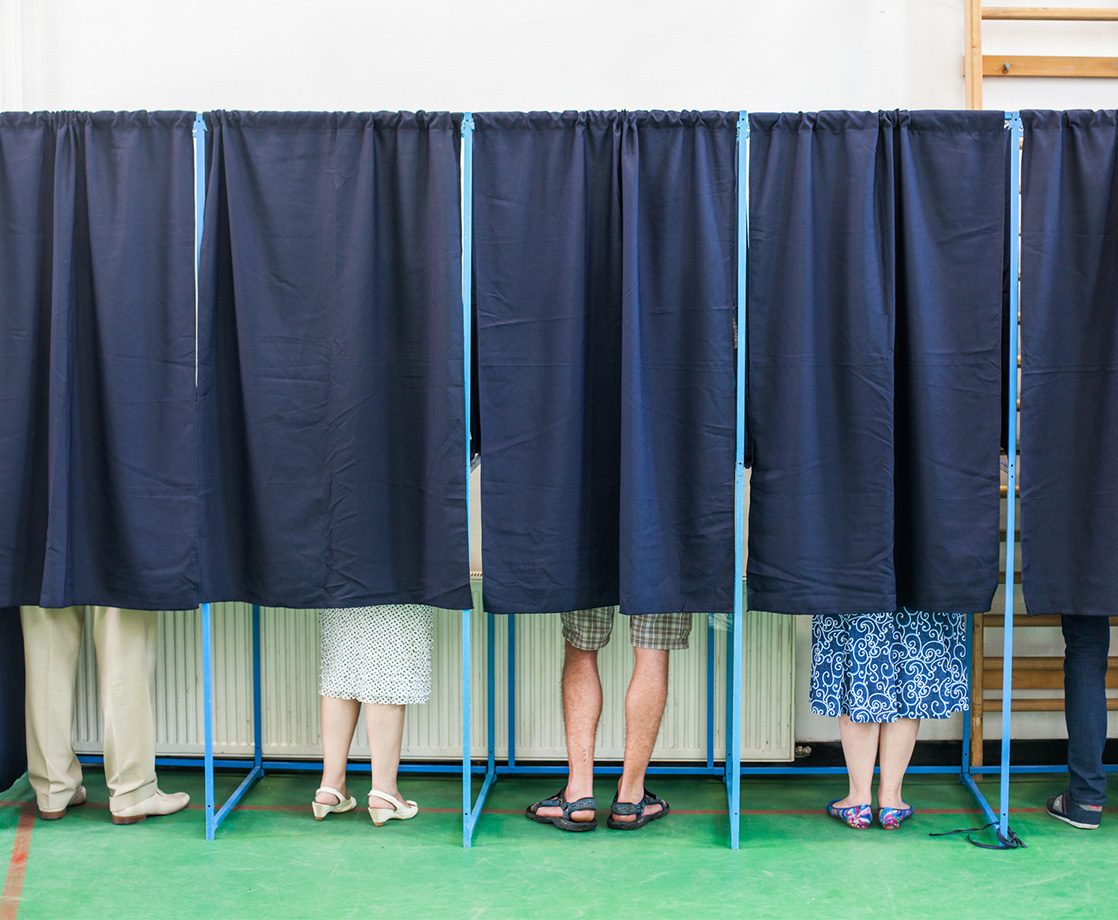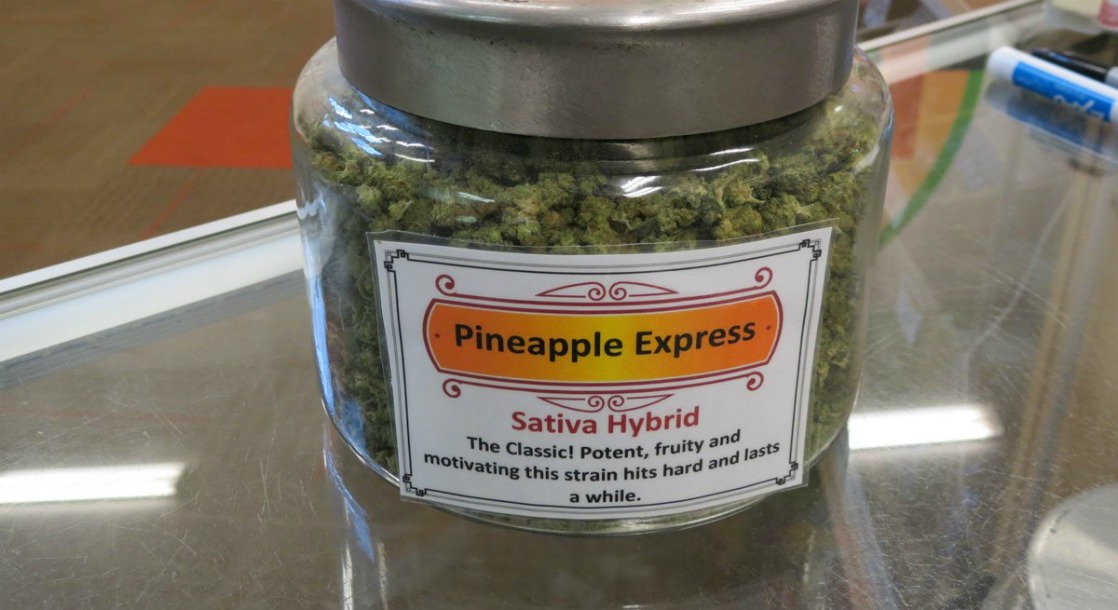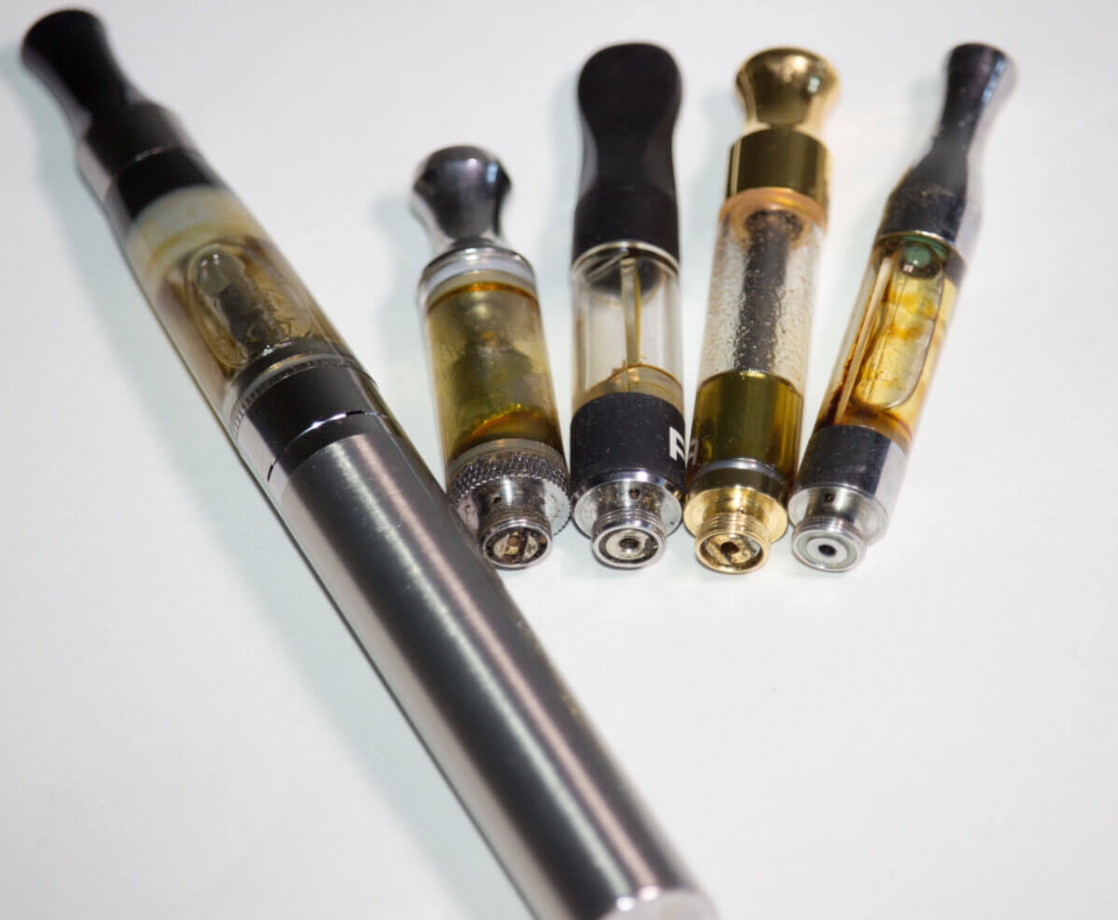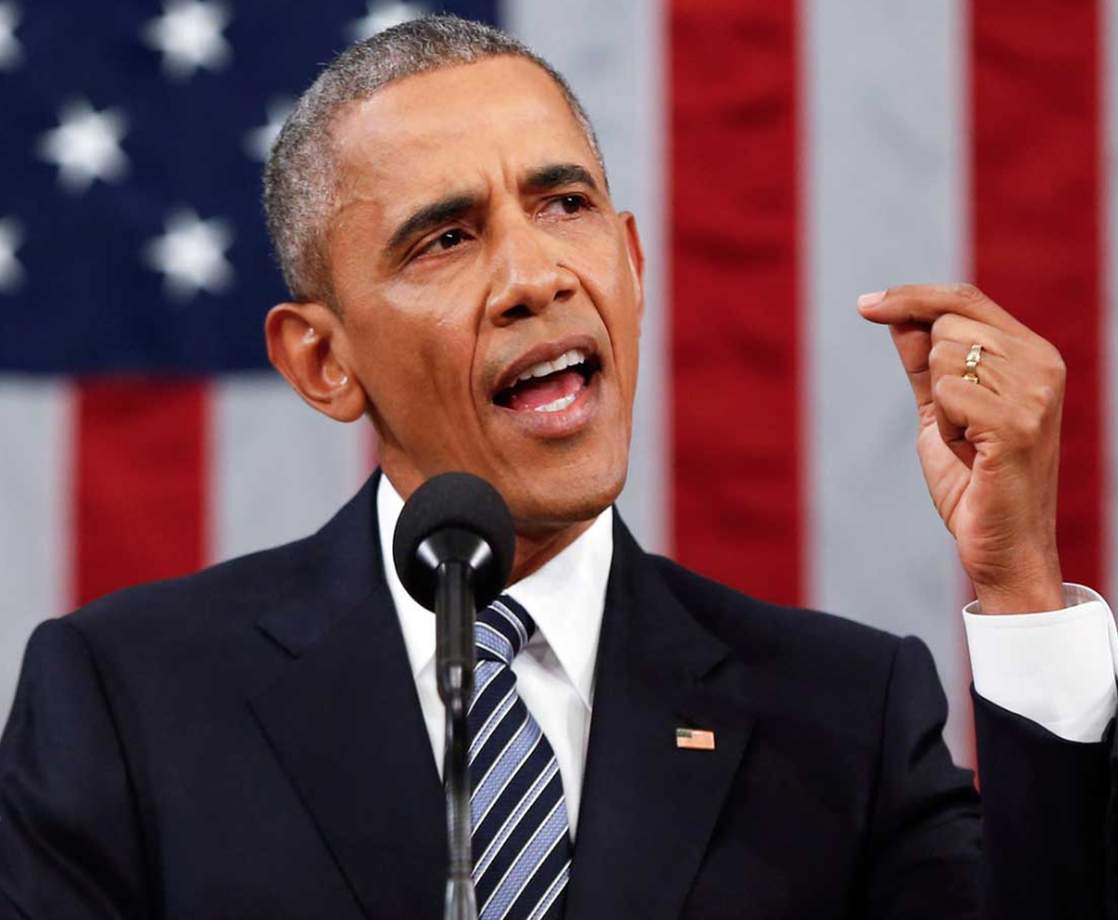Maryland voters may have a chance to decide whether or not to legalize the sale and use of recreational marijuana this year, if state legislators succeed in adding a referendum to the general election ballot in November. The proposed ballot question would allow voters to legalize the possession of up to one ounce of weed by any adult, and would also establish a regulated, taxed retail sales market.
Unlike states like Michigan, Ohio, and Arizona, where voters can petition to have referendum measures added to election ballots, referendums can only be added to Maryland election ballots by way of a constitutional amendment. This week, the state House Judiciary Committee is holding a hearing to decide whether to allow the proposal to advance. If the committee does advance the legislation, each chamber of the General Assembly will then need to approve the constitutional amendment with a 60% majority in order to place it on this year's ballot.
If the amendment passes with the required majority vote, the bill will not be subject to a veto by Gov. Larry Hogan, and the legalization decision will fall on the state's voters. "The public is actually well ahead of some lawmakers on this issue," Kate Bell, legislative counsel for the Marijuana Policy Project, said to CBS affiliate WJZ. "So far, all but one of the states that have legalized marijuana have done so through ballot initiative."
A similar measure failed to pass last year, but Bell still has hope that legislators will give voters a chance to decide the fate of legalization for themselves. "It certainly is an uphill battle, but if you look at the polling numbers, 64 percent of likely voters support this reform and we're really hopeful that lawmakers will listen to their constituents in an election year, particularly, and follow the will of the voters on this," she added.
But while cannabis advocates are turning a hopeful eye towards full legalization, lawmakers are still struggling to regulate the state's medical marijuana program. Former Governor Martin O'Malley signed the medical marijuana bill into law way back in 2013, but the program has been constantly delayed due to legal challenges, and the state's first licensed dispensaries weren't able to open their doors until last December.
Many of the legal battles the program faced were due to the fact that state regulators only awarded one of its 30 medical cannabis licenses to a minority-owned business. Last week, the state House of Delegates approved a new bill that would help rectify the situation by increasing the number of cannabis cultivation licenses from 15 to 20. These new licenses would only be available to minority- or female-owned businesses.
The bill also increases the number of cannabis processing licenses from 15 to 25, and mandates that seven of these new licenses should be granted to minority-owned businesses. Out of all the new licenses created by the bill, though, four have already been reserved for businesses that already have state licenses, including two white-owned businesses, one of which is owned by a top donor to Governor Hogan. "The whole idea of it flies in the face of free competition," canna-businessman Darryl Hill said to the Baltimore Sun.











